 The BBC recently reported Americans are vastly overpaying for substandard broadband service that continues to fall behind in global rankings. In response to the story, some real world examples from around the globe threaten to produce North American Broadband Envy:
The BBC recently reported Americans are vastly overpaying for substandard broadband service that continues to fall behind in global rankings. In response to the story, some real world examples from around the globe threaten to produce North American Broadband Envy:
Bulgaria – Dirt Cheap Broadband: “Bulgaria is a great place for being online,” says Radi Radev, who lives in the capital city of Sofia. “Competition is strong and it is usual to pay as little as $13.5o per month for 40Mbps. Higher speeds are available for up to 40 dollars. However, it is common to pay for 40Mbps, but actually receive 80+ for no extra charge. Slower Internet service for office use can be as cheap as $6.75.”
Finland – Broadband Heaven: “I’d say I live in Internet heaven,” says Juho Nykanen, who lives in Turku. “Broadband to the home by either cable or fiber is inexpensive and competition is very good from a consumer’s perspective. Most service providers offer one to two-year deals from under $13.50 per month for 10Mbps to 100Mbps or more for between $27-67 per month, depending on where you live. Usually you get the network adapter included in the package or you can buy with no leasing. Wireless 3G and 4G prices are related and in some cases even lower than regular wired Internet access. Network coverage is good, and improving all the time.”
United Kingdom – DSL Extreme: “I am more than happy,” says Simon from Blackpool. He can use a phone, tablet, laptop, PC and Xbox all at once with no visible effects. For example, he is able to run Netflix on all the above devices and watch five movies at the same time. Simon buys a 60Mbps broadband package as part of a $91.50 triple play bundle that includes TV, phone, broadband, and line rental. He doesn’t buy premium sports or movie channels. “I test my broadband regularly and often my speed is in excess of 60Mbps. I can download a 700 MB film in two minutes.”
Broadband Utopia in Utah: “We pay about $70 per month for phone and Internet,” says David from Murray, Utah “although we will be switching soon to a lower priced competitor.” I have 50Mbps upload and download speeds (increasing to 100Mbps soon) with no caps on monthly data transfer. Our city is part of Utopia – a publicly owned open-infrastructure fiber-to-the-door network where multiple carriers compete on the same infrastructure. It’s not perfect but the speed/price is great compared to the local cable and phone companies that own their respective infrastructures.”
Broadband Unlimited in Switzerland: “Here in Geneva, for 90 Swiss Francs [$82] per month, I get 150/10Mbps broadband, as well as free local and international calls,” says Zac Thomspon. “This is via a cable network. There is also absolutely no download limit on data, or any usage caps. It’s an excellent deal.”

Romanian ISP RCS & RDS sells unlimited 1,000Mbps fiber broadband for $18 a month. But if you also subscribe to digital TV and mobile service, your monthly cost for Digi Net Fiberlink 1000 drops to $15 a month.
Let the Boss Pay for Internet Access: “Here in Denmark, our employers often pay the costs of our home Internet access – it’s seen as a necessity for work,” says Lars from Copenhagen.
Broadband High in the Netherlands: “I am on 150Mbps (actual speed 170Mbps) down and 15Mbps up with TV and phone lines for $86. I am in broadband heaven,” says Clive L. Stevensweert.
Deutschland Broadband Einigkeit und Recht und Freiheit: “I moved from the U.S. after living there for 54 years,” says Jim Hagerman. “The cost of TV, Internet and phone was outrageous. In Germany I pay $54 per month for phone and DSL faster than I had in the States. I can call Europe landlines and the U.S. for free! I pay $67 per year for HD+ on my television. I stream EuroSport with no problems, including the entire 24 Hours of LeMans. I have far better capability here in Deutschland than I had in the U.S. for far less money.”
The Carpathian Connection: “I’m lucky to say that we’re in broadband heaven,” says Cosmin from Oradea, Romania. “My provider has just started selling a 500Mbps connection for $15 a month. I’m on a 50Mbps connection that costs only $9, but it’s enough for my needs.”
Budget-Priced Unlimited DSL, French-Style: “Here I have a bundle of landline phone, unlimited ADSL Internet and plenty of TV channels for $43 per month, inclusive of ‘line rental’ and route,” says Russ Lewis from Gex. “The landline phone is my former local number, not some special number. We get completely free calls to landlines, but not usually mobiles, to France and over 100 countries. Technically, these calls are limited to a maximum of three hours each, but who talks for that long anyway? As we live about three miles from the telephone exchange, the DSL Internet speed is around 6 Mbps, but people closer to an exchange can get two to three times faster speeds.”


 Subscribe
Subscribe
 Just a year earlier Telstra, Australia’s largest phone company, was planning to decommission and scrap its copper landline network, considered
Just a year earlier Telstra, Australia’s largest phone company, was planning to decommission and scrap its copper landline network, considered 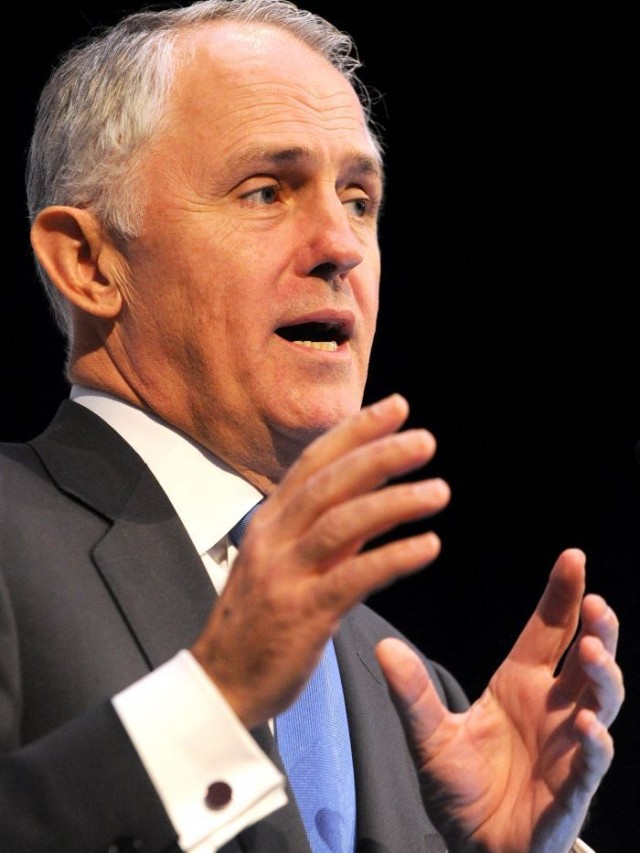
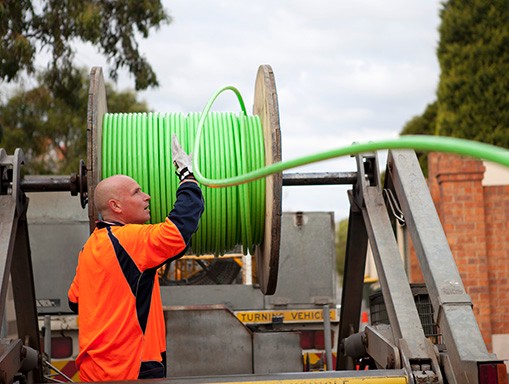
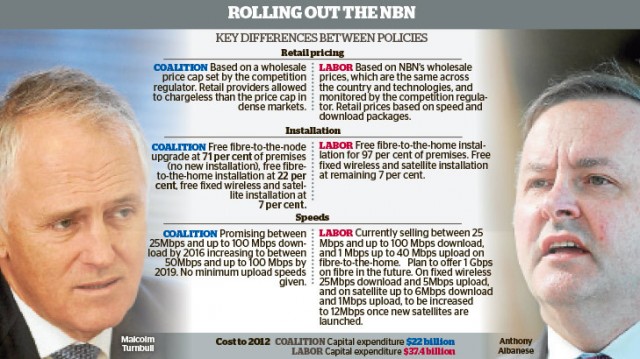
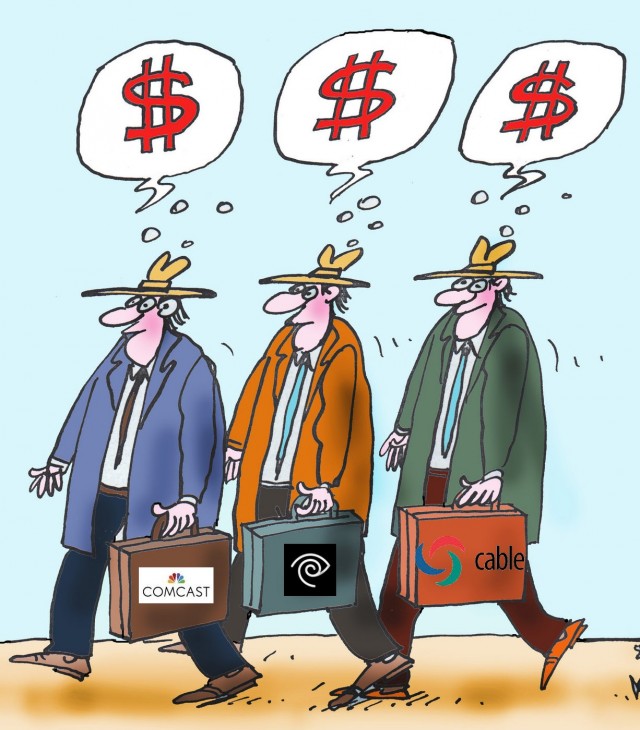 A portion of your cable bill pays for much more than programming, with millions diverted to Koch Brothers-backed astroturf groups, tea party candidates, fat paychecks for former public officials taking a trip through D.C.’s revolving door, and generous allowances for travel expenses racked up by high-flying industry lobbyists.
A portion of your cable bill pays for much more than programming, with millions diverted to Koch Brothers-backed astroturf groups, tea party candidates, fat paychecks for former public officials taking a trip through D.C.’s revolving door, and generous allowances for travel expenses racked up by high-flying industry lobbyists.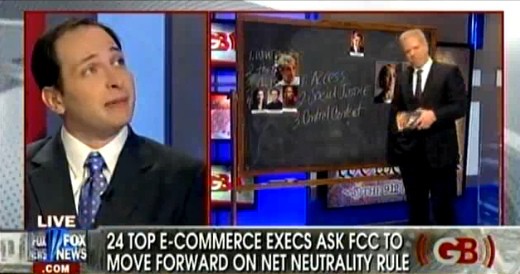
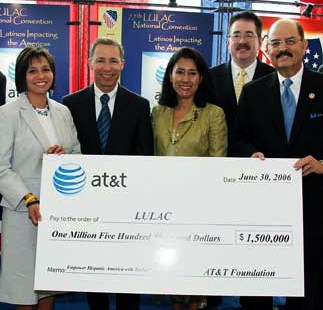

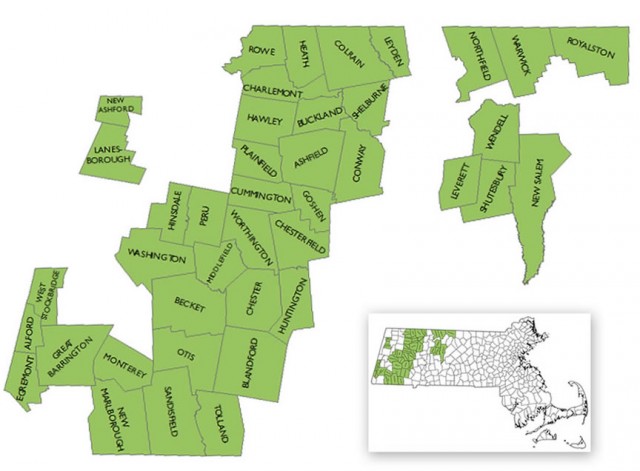

 “Personally, I would love to see a nonprofit, community-based solution because it would be a more effective use of money, and it would keep it in the fiber-optic realm,” Leppzer told the newspaper. “While [coaxial cable] may be adequate for now, it will not meet the needs of the 21st century.”
“Personally, I would love to see a nonprofit, community-based solution because it would be a more effective use of money, and it would keep it in the fiber-optic realm,” Leppzer told the newspaper. “While [coaxial cable] may be adequate for now, it will not meet the needs of the 21st century.” The WiredWest consortium will be the public-facing part of the project, responsible for marketing high-bandwidth, affordable Internet, phone, high-definition television services and ancillary services to residents and businesses. WiredWest wants to build a 1,952-mile fiber-to-the-home network off MBI’s regional fiber backbone and institutional network.
The WiredWest consortium will be the public-facing part of the project, responsible for marketing high-bandwidth, affordable Internet, phone, high-definition television services and ancillary services to residents and businesses. WiredWest wants to build a 1,952-mile fiber-to-the-home network off MBI’s regional fiber backbone and institutional network. One of the most common questions from eager would-be customers is exactly when the fiber network will be finished and open for business to the public. Funding remains the biggest impediment. The cost of wiring residents for fiber service across the 42-town consortium ranges from $70 million to $130 million. It’s a substantial sum for small communities to cover, but the project does enjoy economy of scale that could ultimately save taxpayer dollars.
One of the most common questions from eager would-be customers is exactly when the fiber network will be finished and open for business to the public. Funding remains the biggest impediment. The cost of wiring residents for fiber service across the 42-town consortium ranges from $70 million to $130 million. It’s a substantial sum for small communities to cover, but the project does enjoy economy of scale that could ultimately save taxpayer dollars.